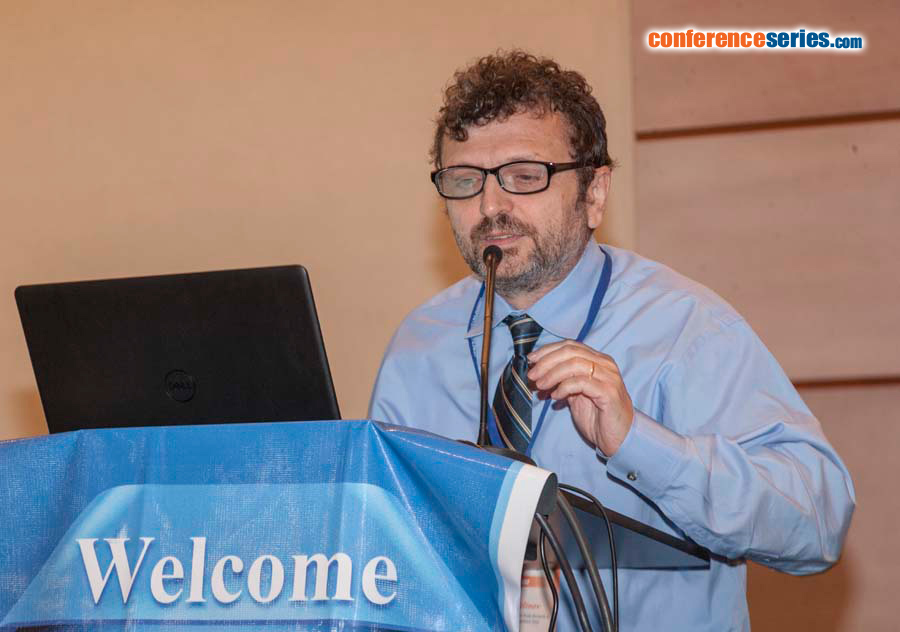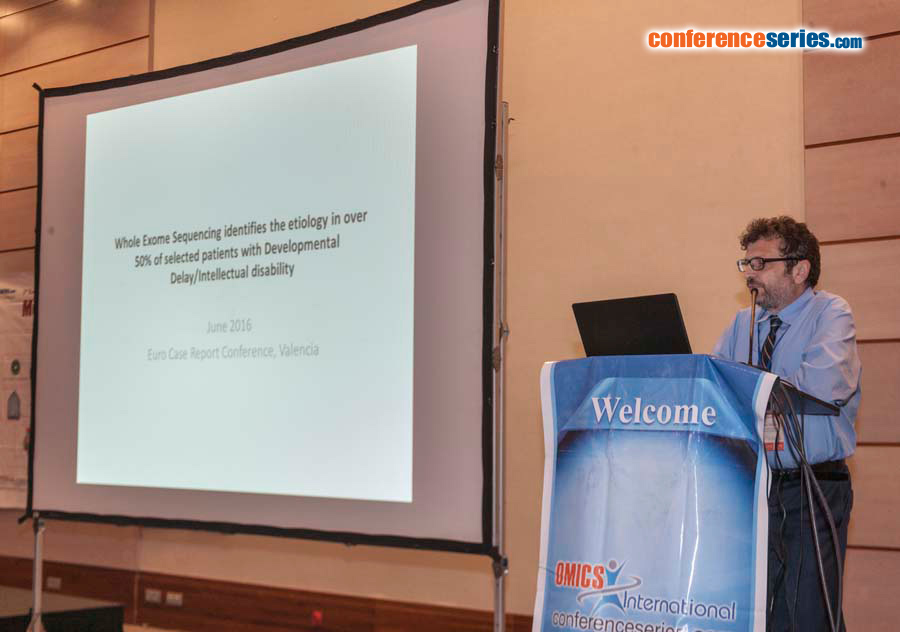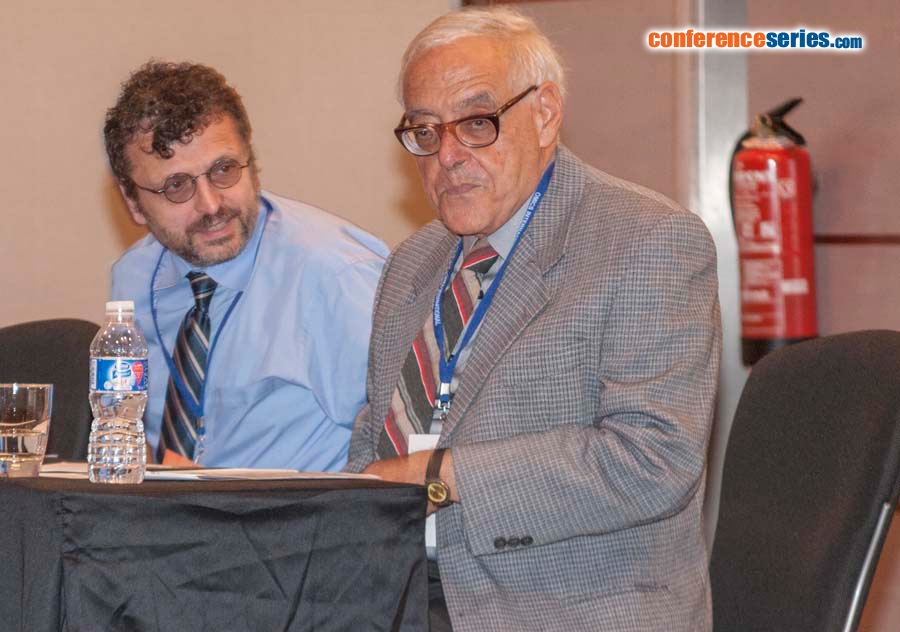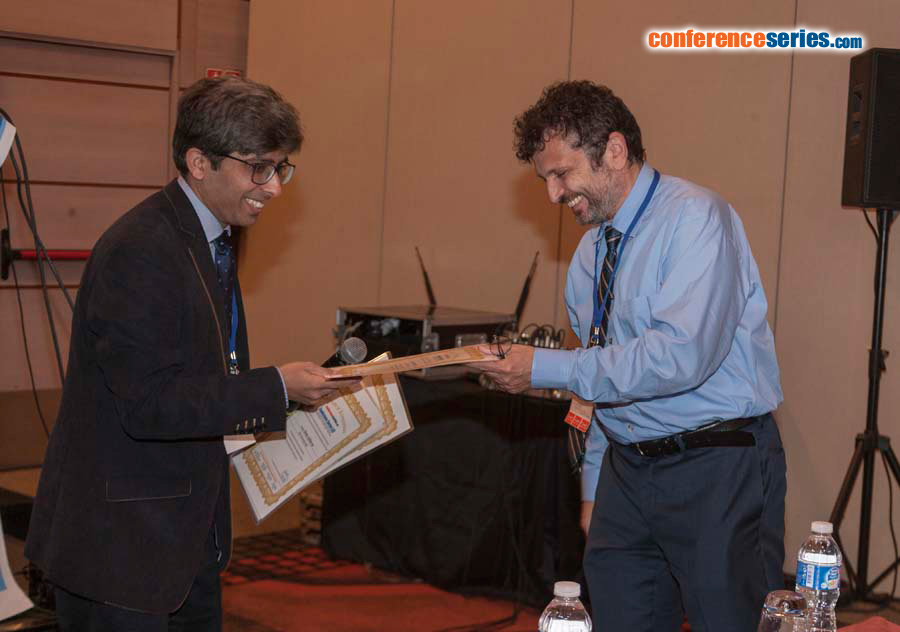
Milen Velinov
New York State Institute for Basic Research in Developmental Disabilities, USA
Title: Whole Exome Sequencing identifies the etiology in over 50% of selected patients with Developmental Delay/Intellectual disability. Report of nine patients/families with distinct phenotypes
Biography
Biography: Milen Velinov
Abstract
Whole Exome Sequencing (WES) is a new clinical testing approach based on next generation sequencing that rapidly gains popularity in medical genetics. It is used for the evaluation of patients with suspected genetic condition and with no aparent recognizable syndrome. Our service had conducted WES testing for patients with developmental delay/intellectual disability for whom genetic etiology is suspected. Here are presented the probands and affected relatives of nine families tested by us during the last year, in whom causative mutations were identified. In addition to the intellectual disability, the selection of patients to be tested was based on the presence of unique clinical features and positive family history. All patients included in WES protocols were previously found to be negative for chromosomal rearrangements. The total number of tested probands was 17. In nine of them (slightly over 50% positive of all tested) a causative mutation was identified. The identified mutations were in genes IQSEQ2, FOXP1, EXOSC3, KIAA2022, CTNNB1, SAMHD1, ATP13A2, TFAP2A, ARID1B. In two of the cases (genes SAMHD1 and ATP13A2) therapy trials specific for the identified genes were identified. Specific follow up protocols were implemented in one affected relative of the proband with IQSEQ2 mutation. In the family with TFAP2A mutation specific surveillance protocol was implemented. The proband with X-linked KIAA2022 mutation was one of the first female patients with such mutations. Her manifestations were associated with skewed X chromosome inactivation. The proband with mutation in gene ARID1B is the oldest known patient with such mutation, who presents with some unique features. In all families with identified causative mutation better informed family planning became possible. Detailed clinical description of each proband/family will be provided. Overall in our patient population WES is an efficient method of identifying causative mutations in individuals with suspected genetic etiologies. WES also has high potential for clinical benefit for the tested patient and family. Various issues regarding test limittations and possible incidental findings are discussed. Factors that increased the likelihood of identifying causative mutations in our patients were the presence of unique clinical manifestations, parental consanguinity and more than one affected family member.






